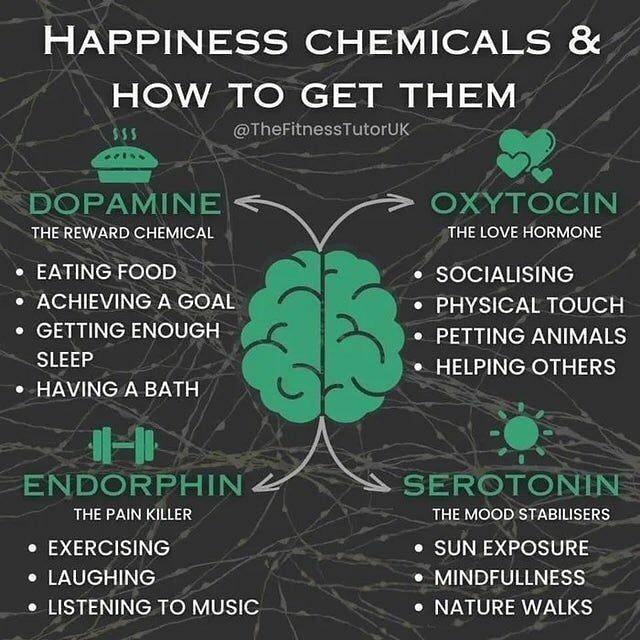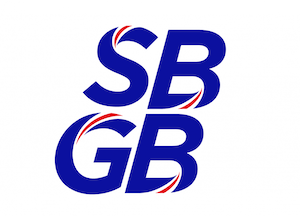Skateboarding contributes to Mental Health and Wellbeing

Aside from the obvious physical benefits of exercise that Skateboarding affords us, research has shown it can also help us develop life skills and can contribute to mental health and wellbeing. (There’s a lot of cross over between the following.)
Life skills
How can skateboarding make us more successful in life?
Resilience. Failure, failure, failure… and success!
As I go into in our video on Falling, failure is an essential component of the learning process. We fail, we learn from our mistakes, and we try again. The ability to fall, get back up and learn from that failure, in other words, to persevere, and go on to succeed is called resilience.
This skill is transferable; if we can learn to do this on our skateboard, we can carry this ability into other aspects of everyday life, and we have a recipe for success & happiness.
Increased focus
With the advent of social media, the length of time we can focus is reducing. The dopamine hit provided by ‘Likes’, is being delivered quicker, and with less time/energy investment. Practising skateboarding; focusing on a trick we are learning, increases our ability to focus. Developing this ability to focus is much akin what is developed when practising a martial art.
When we invest our time into a trick which we eventually make, the reward, that thing makes us smile, and feel good, is a dopamine hit.
This also helps us appreciate the delayed reward mechanism; a small investment of time gives a small reward, a bigger investment of time and effort into something more difficult gives us a bigger reward, a bigger dopamine hit. To achieve something epic can truly take a lifetime.
Social skills & integration
Skateboarding provides a platform on which individuals from different backgrounds can connect, and share positive experiences. It helps us relate to others by giving us the ability to see past superficial differences, such as race & gender. How well we relate to others has been shown to correlate to success in the workplace.
Mental Health and Wellbeing
When we try new activities the brain is making new connections. We are in a state of neuroplasticity. In childhood we are constantly in a state of neuroplasticity as we learn. If we continue trying new things, our state of mind is very much in a state we experienced in childhood, which for most was, not coincidently, a happy time in life.
Tricks in skateboarding are often combinations of other more basic tricks. As we progress, we take what we’ve learnt and combine them to create new tricks. This state of Neuroplasticity is often touted as being the fountain of youth, and contributes to a sense of wellbeing in the practitioner.
Creativity
Most sports have rules. Skateboarding has no rules. There is a level of freedom of expression that is difficult to find in other ‘sport’. You can do what you want. The feeling of being able to express yourself freely without constraints, (which are everywhere in modern society) contributes hugely to wellbeing.
Play
As we grow into adults the opportunity to play, an activity that is critical to our wellbeing, is reduced considerably. Often adults seeking play lead to unhealthy, risky pastimes, such as excessive alcohol consumption and drug use, or casual sex.
Sport is play, and skateboarding, with its lack of rules and opportunity for self expression is a particularly easy way to engage in playful behaviour which is relatively less risky.
Meditative quality
Practicing an activity such as skateboarding permits the body to enter a state similar to what is experienced in meditation, dance, or martial arts. The connection between body and mind in practicing an activity like skateboarding is particularly good for wellbeing. It allows us to disconnect from the worries of everyday life.
Social interactions
Building and maintaining successful friendships are a cornerstone of mental health. Helping others, making physical contact, and sharing in our friends’ successes all release oxytocin, otherwise known as the love hormone. Skateboarding provides opportunities to connect with others and build meaningful relationships.



Absolutely! I had been thinking about the same thing watching my kids learn at your lessons with Darwin. We’d love to start a skate programme for mental health and well-being at wild and free therapy CIC!
Let’s catch up please Jess..